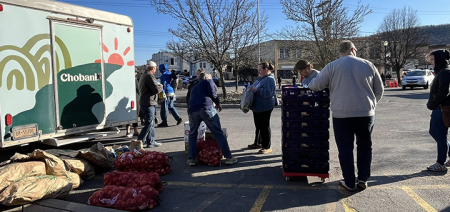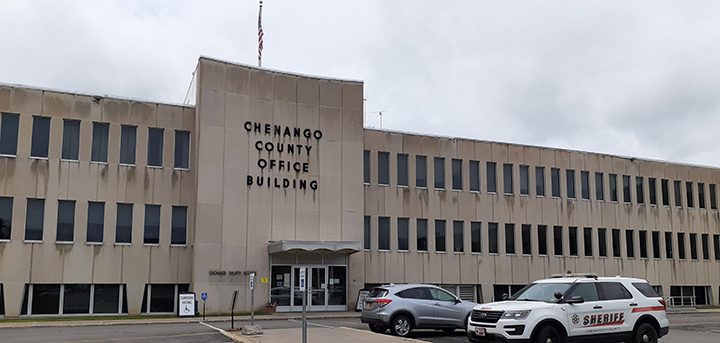Farming, Environment & Health Receive State Backing
Published:
April 11th, 2016
By:
Sen. James Seward
In last week’s column I focused on several significant elements from the new state budget – record school aid, a landmark middle-class tax cut, and help to repair our local roads and bridges. This week I wanted to touch on a few other components of the spending plan that will have a positive impact statewide and here locally.
Supporting New York Agriculture
Agriculture is one of our state’s top industries, with 35,000 farms supporting a workforce of over 100,000 – we must continue to do all we can to support this staple of our economy. The final budget adds more than $9 million to the governor’s proposal and restores budget cuts to 33 different programs that agricultural technology, research, marketing, and education programs that farmers depend on. Additional funding is included for the Young Farmers plan to assist beginning farmers through start-up grants and loan forgiveness.
The budget includes $115,000 in new funding for an innovative proposal by Cornell’s Small Farms Program to help establish up to five veteran-owned small farms through a first-in-the-nation pilot program. Returning veterans and those seeking a career change could be encouraged to try agriculture, utilizing benefits they’ve earned under the GI Bill to gain training and expertise to begin their own successful small business. In turn, these sites would be available to train additional veteran-farmers in future years.
Protecting the Environment
Environmental Protection Fund (EPF): The budget includes record funding of $300 million for the EPF. This is a 70 percent increase of $123 million over last year and will help ensure clean air and water in communities across the state.
Additional Water Quality Improvements: The budget provides $200 million over the next two years to build upon the investments in last year’s Water Quality Improvement Act. Municipalities will now be eligible to receive a total of $350 million in grants in 2016-17 and 2017-18 to repair and replace existing wastewater and drinking water infrastructure.
Creating Healthier Communities
The budget will help to keep millions of New Yorkers healthy by providing record levels of support for an array of critically important health care services. In addition to investing billions of dollars to ensure quality hospitals and nursing homes throughout New York State, the senate advanced funding for programs that promote good health including:
· $25.3 million for Cancer Services Programs;
· $26.3 million for Nutritional Information for Women, Infants, and Children;
· $9.7 million for chronic disease prevention (including diabetes, asthma and hypertension);
· $2.3 million for the Prenatal Care Program;
· $628,000 for Maternal and Child Health, including the Safe Motherhood Initiative;
· $1.8 million for the Prenatal and Postpartum Home Visitation Program;
· $10.6 million for Adolescent Pregnancy Prevention; and
· $283,300 for the Adelphi Breast Cancer Support Program.
· $620,500 for Women’s Health Services;
· $600,000 to combat Lyme Disease;
· $1 million to support organ donation efforts;
· $5.5 million in Department of Health funding for rape crisis centers;
· $8.5 million for the Spinal Cord Injury Research Board; and
· $1 million for the Doctors Across New York Program.
Combating the Heroin and Opioid Crisis: As a member of the Senate Heroin Task Force, I am extremely pleased that the budget included funds to continue the fight against the deadly heroin crisis. The task force has been working to develop and enact real and lasting solutions to help address this challenge. The funding in this budget is, in part, a result of testimony given at a task force hearing I held in my senate district earlier this year. A total of $166 million will be directed to strengthen prevention, treatment, recovery, and education services. This new funding will provide powerful new tools to law enforcement, health care professionals, and mental health experts as we work together to overcome this major public health crisis.
Author: Sen. James Seward - More From This Author
Comments







